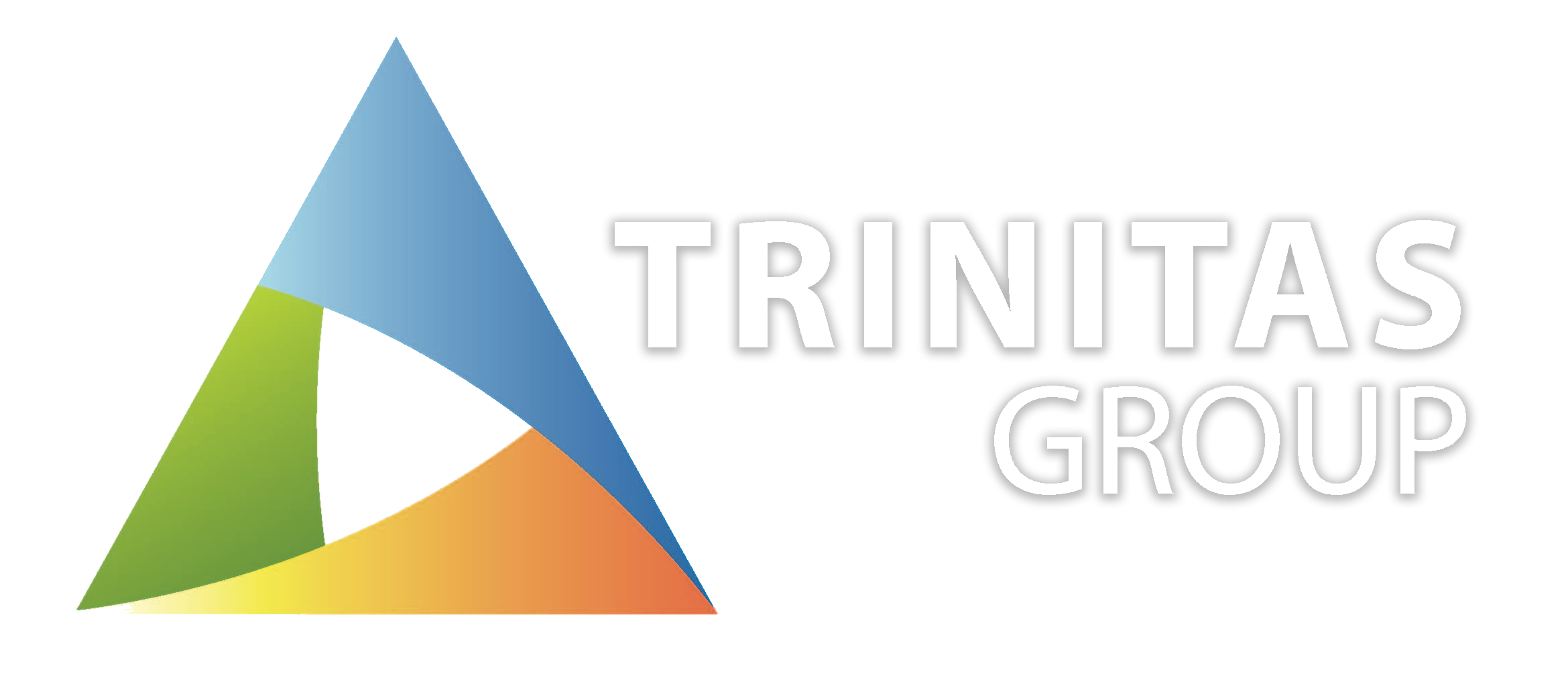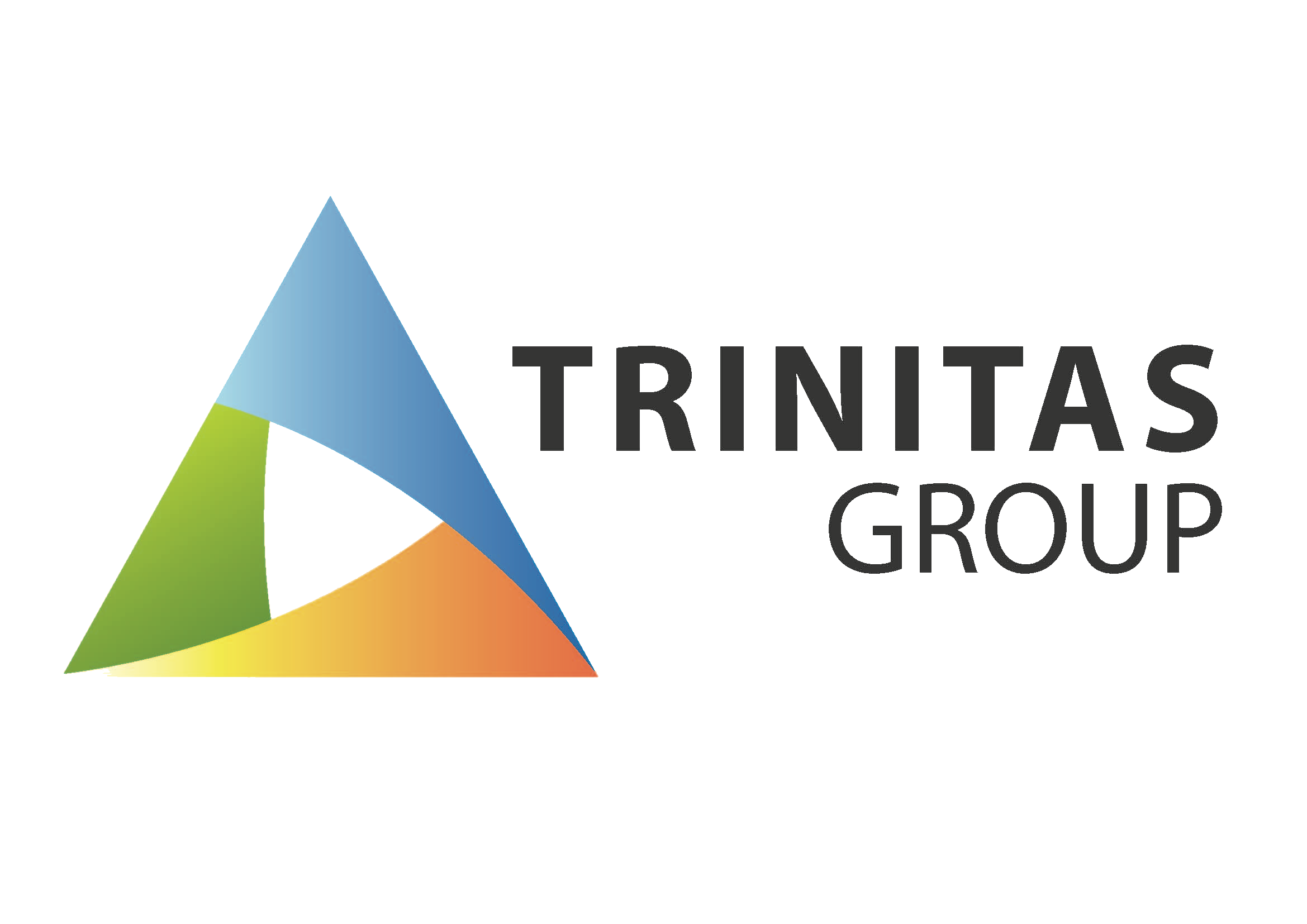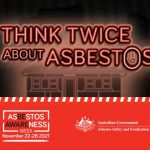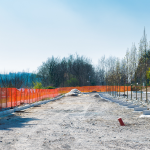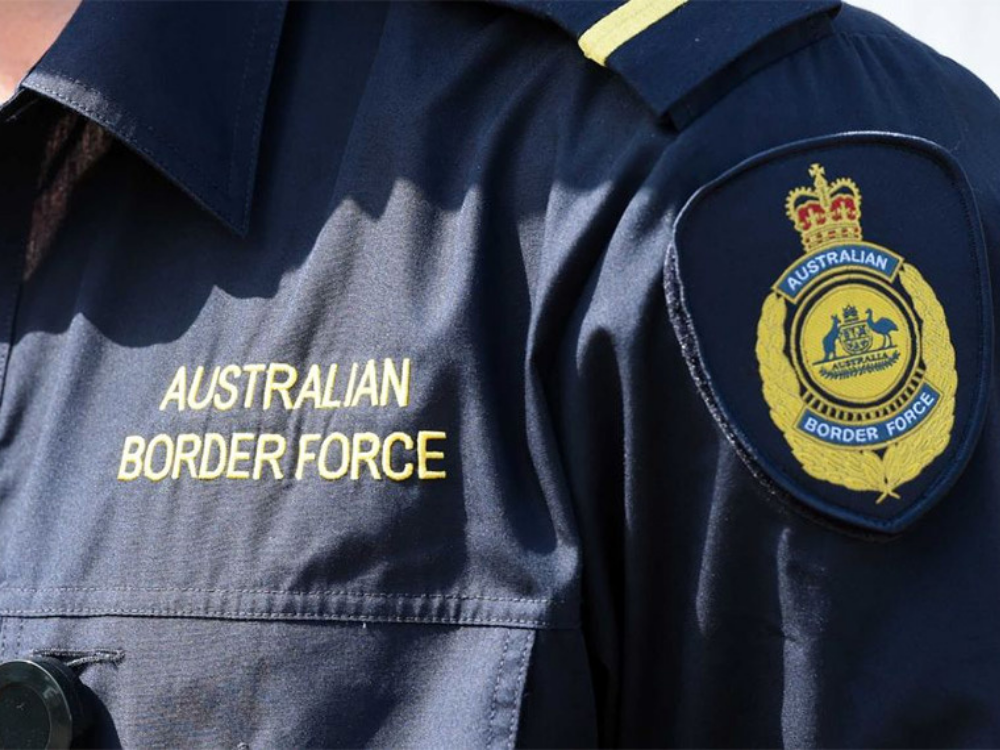Australian unions and anti-asbestos campaigners alike are calling for greater testing of imports into Australia after several high-profile examples of asbestos making it past border controls.
Since the start of 2020, asbestos has been confirmed in products from building materials to engine gaskets, toy cars and even the issue-plagued Sydney ferries.
Asbestos importation, manufacture and transportation was banned in Australia in 2003.
One asbestos auditor who spoke with the ABC’s 7:30 explained that the product is widely available in Asia and commonly used in manufacturing due to its fire-resistant properties.
The Australian Council of Trades Union president Michele O’Neil says that the product still entering the country is unacceptable.
“We know that there are products that are coming in every day undetected and that is putting everyone at risk. So we’re very concerned about the long-term health impacts of this.”
“There is absolutely no safe level of asbestos exposure. Literally, one fibre can eventually lead to death. This is how dangerous this product is.”
Border Force Australia has been called on to increase testing rates, but figures revealed in the investigation by the national broadcaster showed that as few as four consignments were tested in March this year, all of which contained asbestos.
A senate inquiry was undertaken in 2016, but Ms O’Neil says there’s been little meaningful progress.
“The government has ignored recommendations that came from a Senate inquiry into the importation of asbestos-related products back in 2018. It made 26 recommendations but only six have ever been implemented,” she said.
“We need a dedicated unit within Australian Border Force to look for asbestos-related products, to take serious action to stop their importation.
“We don’t have an effective system that means there is enough testing, or enough prosecution of those companies that are continuing to import products that put at risk workers who work with the products, but also everyone in the community.”
